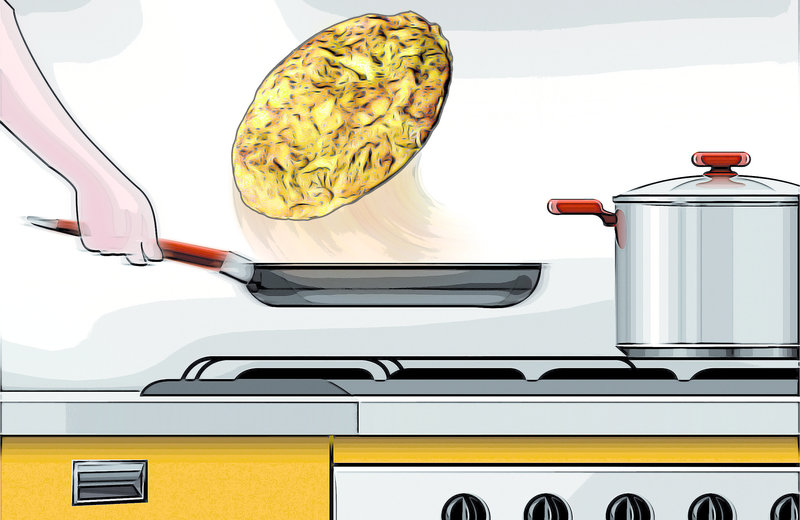Long-term resident
Matthew tree
The twist
Polls showed that over 80% of Catalans wanted a referendum on the issue. Madrid refused to negotiate one, so Mas proposed a non-binding consultation. Madrid banned it.
Last month, in a wantonly hip comparison, the Financial Times used two popular political drama series - Denmark's 'Borgen' and America's (though originally Britain's) 'House of Cards' - to explain the Catalan independence process, described by Madrid correspondent Tobias Buck as 'an engrossing feast of political drama with cliffhangers, surprise turns and last-minute revelations so improbable they would make a television scriptwriter blush.' This is anything but exaggerated: the independence 'drama' began back in 2006, when the Catalan parliament approved a new Autonomy Statute which would have given Catalonia a similar status to the semi-federal Basque Country and perhaps solved the 'Catalan Question' for many years to come. However, although the Statute was ratified in the Spanish parliament (which wilfully hacked off a few bits), after a four year wait it was finally bowdlerised (disembowelled would be a better word) by the Spanish Constitutional Court, at the behest of the right-wing Partido Popular and Spain's (socialist) ombudsman. This resulted in a spontaneous one million strong demo in Barcelona. Madrid ignored it. Pressure built. Two years later, in 2012, the largest pro-indy demonstration ever held in Barcelona (about one and a half million people) prompted the then Catalan president, Artur Mas, to ask the Spanish premier, Mr. Rajoy, for some mild financial reforms. That failed. Mas then decided to go full tilt, and opted for an independence process which, after all, already had considerable popular backing. Later, in 2013 and 2014 up totwo million people demonstrated in favour of independence, in Barcelona alone. Polls showed that over 80% of Catalans wanted a referendum on the issue. Madrid refused to negotiate one, so Mas proposed a non-binding consultation. Madrid banned it. The Catalan government went ahead anyway - after weeks of wrangling between local political parties about the wording of the questions on the ballot papers - and nearly two and half million people finally voted on 9/11/14. Madrid ignored the results and indicted Mas and two other Catalan ministers for defying the Constitution. Given continuous popular pressure to move on, Catalan pro-indy politicians decided to make the upcoming Catalan parliamentary elections into a kind of plebiscite, but then squabbled for months about how to go about it. At the last minute, Mas's party and the Catalan Republican Left, plus some non-party independents, formed a coalition called Together for Yes (Junts pel Sí), which competed with the far left Popular Unity Candidacy (CUP) for the pro-indy vote. Junts pel Sí obtained 62 seats and the CUP, 10: together, they had an absolute majority. But then, they couldn't agree on how to work together, the stumbling block being - at least for the CUP - the presence of Mas, who they regarded as being beyond the anti-capitalist pale. When all seemed lost, Mas stepped down at the eleventh hour, a social democratic mayor from his own party was proposed as president, the CUP accepted, and Catalonia now has a functioning, pro-independence, cross-party government. Whew! And this month...


